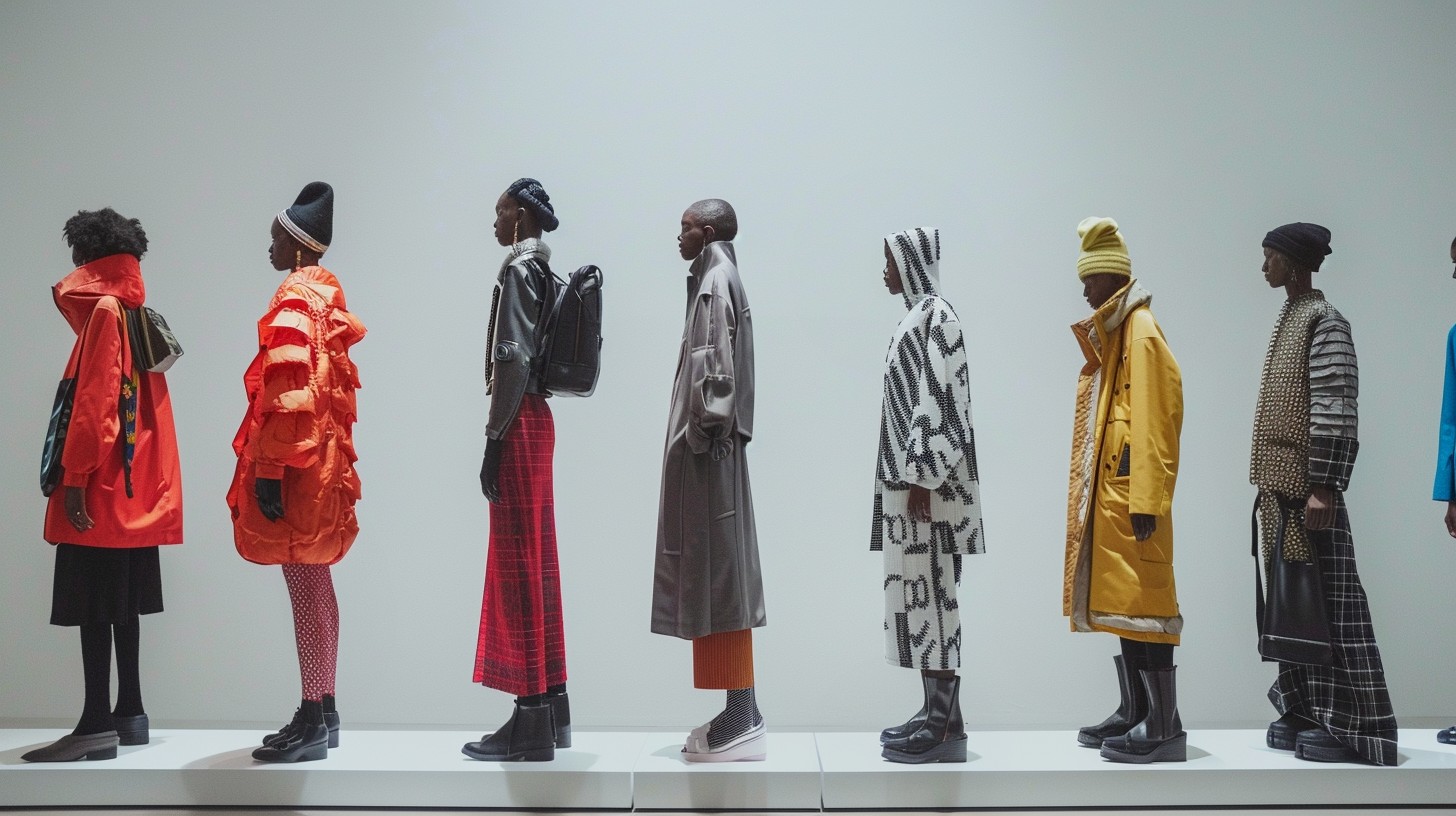How Fashion Shapes Your Personal Brand: Unveiling the Power of Style Psychology
Ever wondered how your fashion choices go beyond just being outfits and become powerful statements shaping your personal brand? Today, we dive deep into the significant role of fashion in personal branding and style. It's more than just clothes; it's a strategic tool to express your identity, communicate your values, and set you apart in any social or professional setting. Join us as we explore the transformative power of fashion in personal branding and style.
Visual Identity and First Impressions
Fashion is often the most immediate and visible aspect of one's personal brand. It helps create a visual identity that can make strong first impressions. The clothes, accessories, and styles you choose communicate nonverbally with others, conveying messages about your personality, professionalism, and taste.
Symbolic Association: Different styles and elements of fashion can symbolize various traits, such as authority, creativity, approachability, or sophistication.
First Impressions: People tend to form judgments about others quickly based on appearance, and fashion choices significantly influence these initial perceptions.
Expression of Personality and Values
Fashion allows individuals to express their personality and values, aligning their external appearance with their internal self-concept.
Personality Reflection: The choice of colors, patterns, and fashion styles can reflect aspects of a person’s character, such as being bold, meticulous, innovative, or traditional.
Value Communication: Clothing choices can signal personal values, such as sustainability (choosing eco-friendly brands), cultural pride (wearing traditional attire), or professionalism (adhering to business formal attire).
Differentiation and Uniqueness
In the realm of personal branding, standing out is key. Fashion can serve as a means of differentiation, allowing individuals to distinguish themselves from others and highlight their uniqueness.
Unique Style Signature: Developing a distinctive style can become a signature aspect of one’s personal brand, making them memorable and recognizable.
Adaptation and Innovation: By adapting trends to suit their personal style or innovating with unconventional fashion choices, individuals can set themselves apart in a crowded market or social landscape.
Consistency and Cohesiveness
A consistent and cohesive fashion sense contributes to a strong personal brand by reinforcing the individual’s identity and making it more recognizable and reliable over time.
Brand Consistency: Wearing a consistent style or color palette helps reinforce brand identity and aids in building brand recognition among peers and the public.
Cohesiveness: A well-coordinated wardrobe that aligns with one’s brand message and goals creates a cohesive image that strengthens personal branding efforts.
Adaptability and Evolution
Fashion is dynamic, and a well-managed personal brand can adapt to changes in trends, personal growth, and professional evolution while maintaining core identity elements.
Evolution with Trends: Adapting to current fashion trends can keep a personal brand relevant and fresh.
Personal and Professional Growth: As individuals evolve in their personal and professional lives, their fashion choices can reflect this growth, aligning with new roles, ambitions, and phases of life.
Fashion is a crucial element of personal branding and style, offering a versatile and impactful means of self-expression and identity construction. It facilitates communication of one’s values, personality, and uniqueness, while also playing a strategic role in managing perceptions and building a recognizable and coherent personal brand.
By understanding and leveraging the psychology of style, you can make powerful and lasting first impressions that truly reflect who you are.
Source: ElegaView





